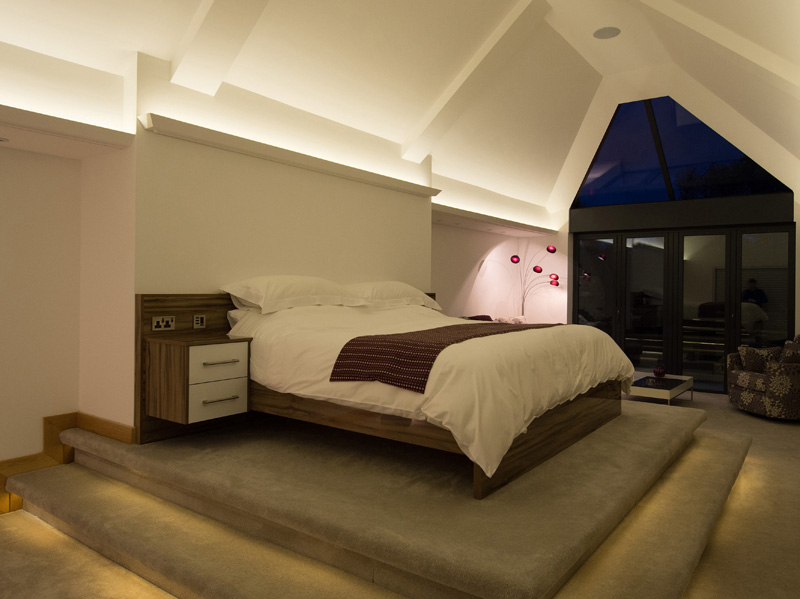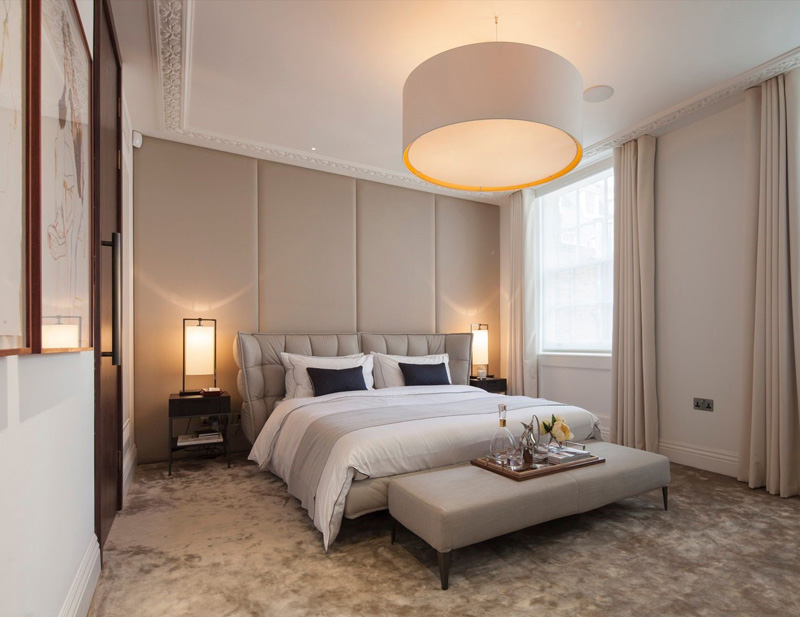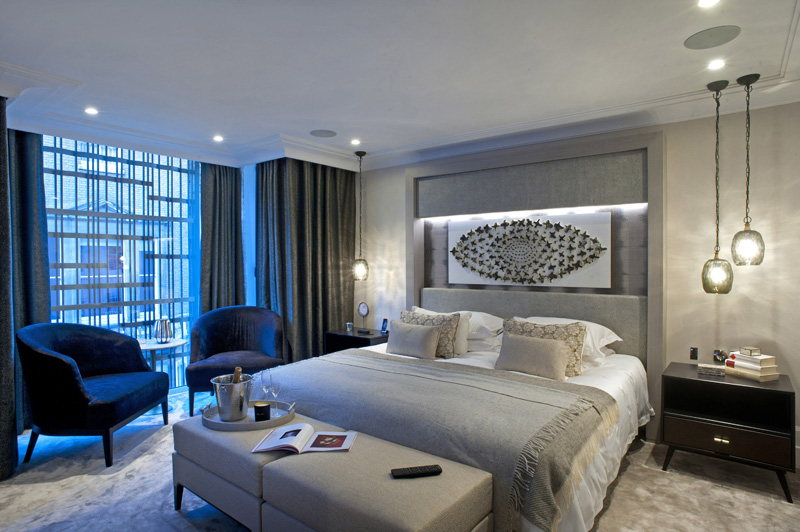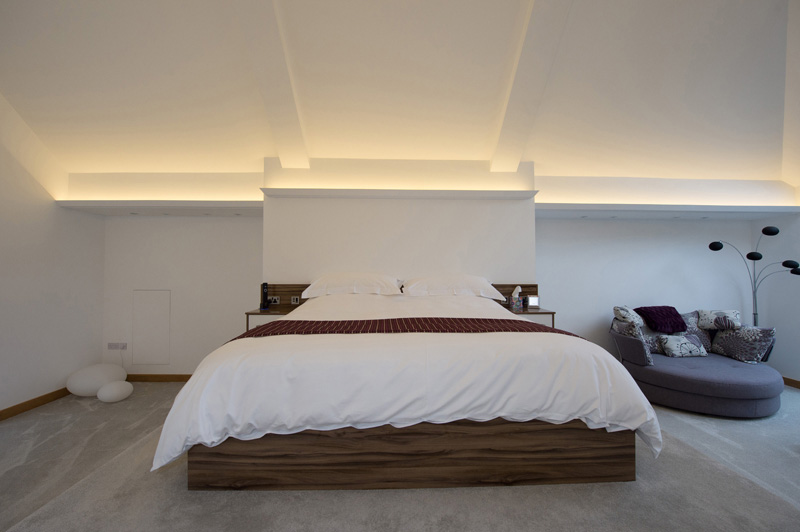We all know that light and sleep are connected but do you know how? And equally importantly, is your bedroom lighting affecting your slumber?
According to the Sleep Foundation, light is THE most important external factor affecting sleep. Light has dramatic effects on circadian rhythm, melatonin production, and sleep cycles.
In the past, our sleep routine followed the daily patterns of sunlight and darkness. However, especially for those of us living in cities, we are now exposed to light 24/7. From streetlights to office lighting to cell phones, artificial light is a constant in modern life. Unfortunately, it also messes with our natural rhythms and contributes to poor sleep.
Learning about the links between light and sleep allows you to set up your bedroom lighting to aid better sleep.
SOME LIGHT AND SLEEP FACTS
(Source: Sleep Foundation, Light and Sleep, Written by Eric Suni)
Light plays a central role in regulating our circadian rhythm, the body’s internal clock that signals when to be alert and when to rest. Light also affects the production of melatonin, an essential sleep-promoting hormone.
When exposed to only natural light, your circadian rhythm becomes closely synchronized with sunrise and sunsets. You stay awake during the day and sleep when it’s dark.
Excess or poorly timed artificial light exposure can cause your circadian rhythm to be misaligned with the day-night schedule. This can throw your sleep out-of-whack and induce other health impacts including worsened metabolism, weight gain, cardiovascular problems, and possibly a higher cancer risk.
Melatonin is a hormone that is naturally made by the body, and its production is closely tied to light. In response to darkness, the pineal gland in the brain initiates production of melatonin. Light exposure at night slows or halts that production, making it harder for you to sleep.
Light exposure at night can also hinder transitions between sleep cycles, reducing the quality of sleep. Too much light can cause repeated awakenings, interrupting the sleep cycle and reducing time spent in deeper, more restorative sleep. If you wake up tired, this could be why.
HOW CAN YOU MAKE LIGHT WORK IN YOUR BEDROOM?
Whilst we can’t alter the light levels outside our home, there is a lot we can do inside. Our MD Dom Triggs has these tips for improving the lighting your bedroom. And do consider these if you are designing a new bedroom.
We have different lighting needs at each end of the day! In the morning, especially on a dark winter day, we need plenty of bright blue light so we can easily wake up, get up and go. In the evening you want warm orange/red light that will help you unwind and stimulate melatonin production. Hence adjustable lighting is vital.
Have all the lighting controls by your bed rather than having lots of switches around the room.
For ceiling lights use indirect lighting, not lights that hang right over the bed.
Dimmable night lights are great to place low on walls. If you need to go to the bathroom in the small hours, they will guide you there without waking you up too much.
Use concealed lighting on the walls and behind your headboard, for example, to bring a warm light into the bedroom in the evenings.
Use focus lights for reading at each side of the bed. Ensure they are controllable, so you don’t keep your partner awake if you stay up late reading, for example.
Remember, you actually need less light in the bedroom in the evening than in the morning! Although it is dark outside in the evening, the room itself is not competing with daylight once the sun goes down. This applies to your living room too!
The images here show some of our projects where we’ve put these principles into practice.




